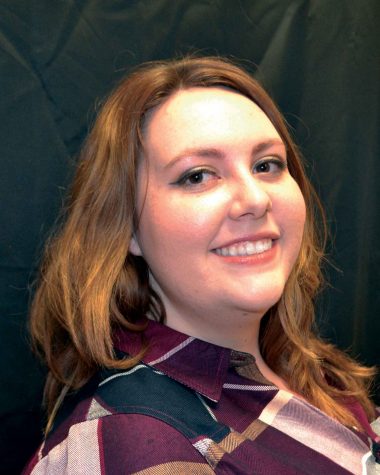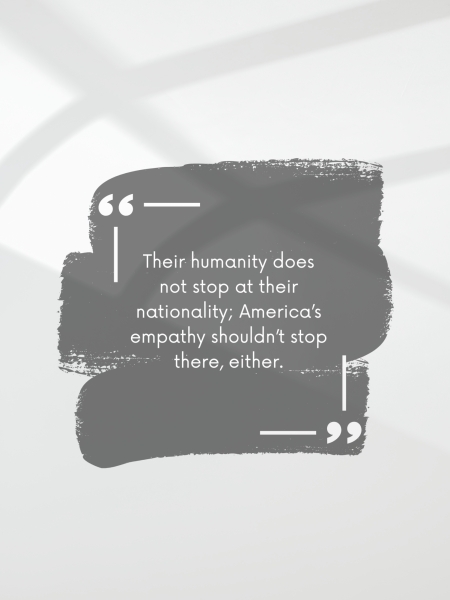Bacon Bits: Teachers invade the Twitterverse

The rumors are true — Lewiston school administrators have public Twitter accounts. It may seem strange to see hashtags and retweets from the people who have difficulty with classroom technology from time to time, but it could be an important step in the right direction, for education and social boundaries. Opening up the dialogue between students and school administration can be difficult, but with everyone on the same platform it could be made much simpler, even without one-to-one communication.
The rules are expected to be that there should be no direct communication between individual administrators and students, meaning students and teachers or administration should not be holding personal conversations on social media, but even without this as an option for communication it may be comforting for students to know that their teachers are trying to stay updated on trends and informed on technology.
According to PEW Research Center the median age of a Twitter user is 31 years old, and according to statisticbrain.com there are 695,750,000 registered Twitter users. Of those, 40 percent do not publish tweets, but watch others tweet. This could be a discerning statistic to many teens who post about their own risqué behavior on social media. Superintendent of Lewiston School District, Robert Donaldson, said “I am now functioning in Twitter land myself.” As his knowledge of how to function in “Twitter land” increases, so does his understanding of student behaviors on the site.
“It’s like any other social media, texts, email or Facebook — there is professional responsibility,” Donaldson said. ”If you think it narrows the scope to be tweeting something, it doesn’t.”
Donaldson went on to explain that what teens do now has longevity and may come back to haunt them in the future.
Students should remember that if they do not want their name associated with an idea or behavior in the future, they should not post about that behavior or idea on social media. It should be universally accepted that anyone, including teachers and school administration, have the right to join any social media outlet they wish to. Breaking these social barriers builds understanding and responsibility between generations that may have extreme differences, but ultimately rely on each other for a positive future.





